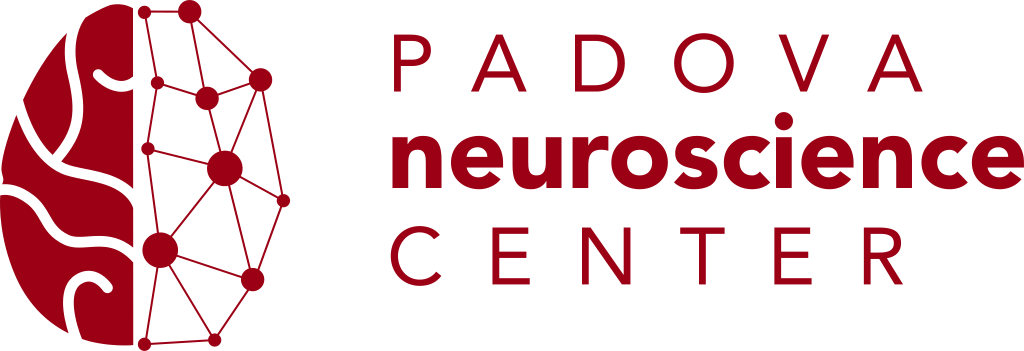Title of the Project
“Aggregazione e armonizzazione di dati retrospettivi e prospettici di neuroimmagini, clinici e comportamentali relativi a ictus, glioma e malattia di Parkinson” (in English: “Aggregate and harmonise retrospective and prospective neuroimaging, clinical and behavioural stroke, glioma and Parkinson’s data”), Research Supervisor Prof. Maurizio Corbetta
Purpose of the Research Grant
The purpose of this Research Grant, which is funded by the European Union in the framework of the Horizon Europe project “EBRAINS 2.0: A Research Infrastructure to Advance Neuroscience and Brain Health”, Principal Investigator Prof. Maurizio Corbetta, is to grant research into:
The EBRAINS project (European Brain Research Infrastructures, https://www.ebrains.eu/) is an innovative collaborative research infrastructure created with the aim of advancing and accelerating scientific progress in the field of neuroscience and Brain Health. This innovative platform, derived from the Human Brain Project (HBP), is an ecosystem in which researchers, clinicians, and experts from various disciplines converge to explore and analyse the complexity of the brain at various scales, from the molecular and cellular level to whole organ functioning and the implications on human behaviour and disease. The ambition of EBRAINS is to create a new standard for brain atlases from the micro- to the macro-scale, integrating clinical, demographic and brain connectivity data (connectomes) from healthy and pathological brains; to create digital twin brains through mathematical models enabling simulations of the effects of pathologies or brain stimulation; to serve as a preferred and competitive infrastructure for the use of neuroscience data according to FAIR (Findable, Accessible, Interoperable, Re-usable) principles.
Activity: The research fellow will play a pivotal role in aggregating and harmonizing extensive retrospective and prospective collections of neuroimaging, clinical, and behavioural data related to brain pathologies such as stroke, glioma, epilepsy, and Parkinson’s disease. S/He will systematically collect and integrate data from multiple centers around Europe, ensuring consistency and compatibility across diverse datasets. Responsibilities include initiating and coordinating prospective data collection using standardized protocols, conducting data cleaning and normalization, and developing workflows for the extraction and public release of imaging features from clinical datasets. The research fellow will process clinical neuroimaging data (structural MRI, DWI, fMRI) ensuring data anonymity and compliance with ethical guidelines. S/He will integrate processed imaging features into the EBRAINS platform, contributing to a centralized repository that fosters collaboration and accelerates advancements in neuroscience and clinical research. Eventually, the research fellow will help in the development and validation of predictive frameworks for clinical and behavioural outcomes. Close collaboration with neurologists, neuroscientists, data scientists, and other collaborators within the consortium is essential, as well as active participation in project meetings and contributing to the development of standardized EU consensus protocols for imaging and clinical assessments.
Profile: The ideal candidate has a background in neuroscience, or a related field. S/He has experience in neuroimaging data analysis, particularly with clinical datasets involving structural MRI, fMRI, DWI and is proficient in data integration and harmonization techniques for large-scale, multi-center datasets. Strong programming and scripting skills (Python, MATLAB, Bash) are highly desirable, along with knowledge of advanced analytical techniques such as machine learning, multivariate analysis, and statistical modeling. The candidate should be familiar with processing and analyzing clinical, and behavioral data related to neurological conditions and have experience in developing workflows and pipelines for data processing and feature extraction. Excellent communication skills, both written and verbal, are required, as well as the ability to work collaboratively in a multidisciplinary research environment.
Deadline for submitting applications
3 December 2024 at 1:00 pm CET

